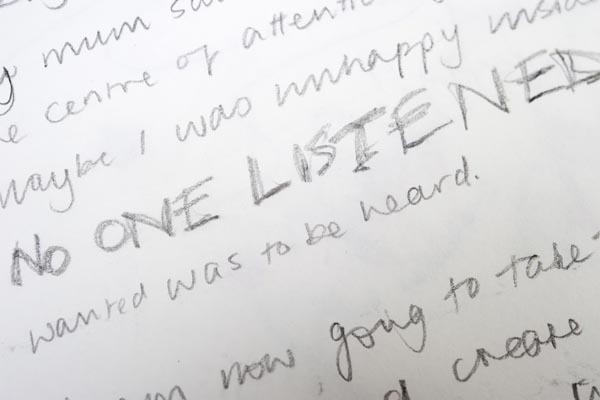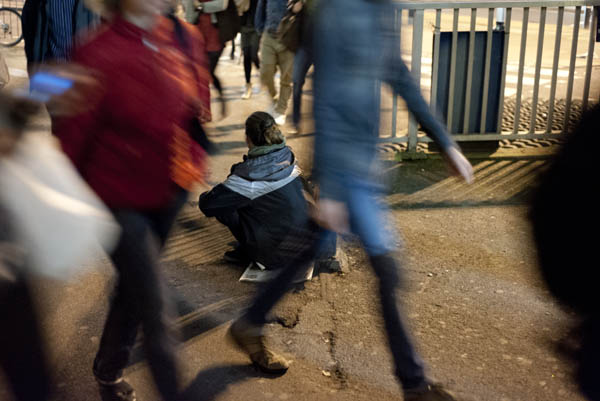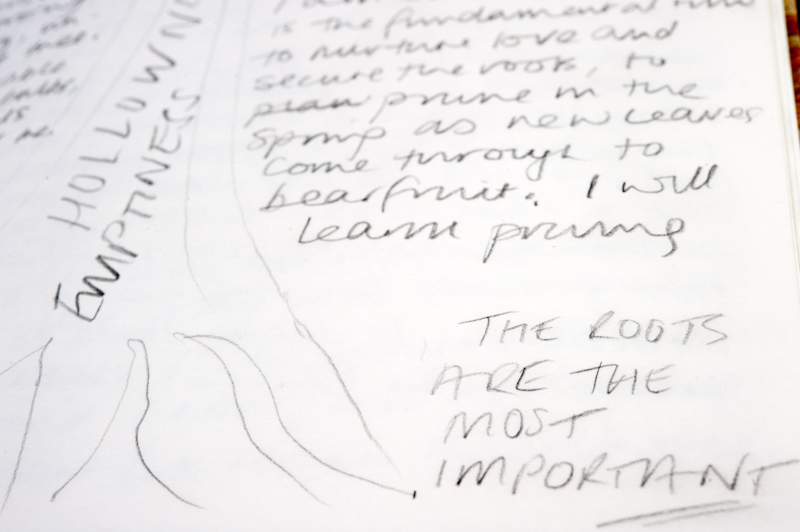Childhood Trauma
- 11% of all people seen rough sleeping in London have experience of care[1]
- Approximately 10% of all girls and 5% of all boys experience some form of sexual abuse before they reach the age of 18[2]
- Up to 80% of young adults who have been abused meet the diagnostic criteria for at least one psychiatric disorder by the time they reach age 21[3]
- 22% of children under 17 will experience four or more different kinds of abuse within a given year[4]
 “Sexual and other forms of abuse in childhood are so common that one almost is surprised if somebody says that that wasn’t their experience. It’s not only what was done, but the environment, where other family members knew and nothing was done, which has had such a traumatic effect. Another common experience is women who were expected to take care of the rest of the family in a parental role from a very young age. One of the hostels worked so beautifully because it had a lovely maternal manager. It took a lot of burden off the women to be mother to the men and it allowed them to be mothered a bit themselves.”Gabrielle Brown, Psychotherapist for St Mungo’s Life Works Team
“Sexual and other forms of abuse in childhood are so common that one almost is surprised if somebody says that that wasn’t their experience. It’s not only what was done, but the environment, where other family members knew and nothing was done, which has had such a traumatic effect. Another common experience is women who were expected to take care of the rest of the family in a parental role from a very young age. One of the hostels worked so beautifully because it had a lovely maternal manager. It took a lot of burden off the women to be mother to the men and it allowed them to be mothered a bit themselves.”Gabrielle Brown, Psychotherapist for St Mungo’s Life Works Team
 People say, everybody’s got choices – to take that drug, or to go out there and work. You talk to the women, some of them don’t have the choice. They’re dragged into this life of turmoil right from the beginning. They have parents who are involved in a paedophile ring; they are dragged into crack houses. Some of them have not seen childhood. They don’t know what it’s like to be a child.”Stella Wells, Manager of St Mungo’s service at The Chrysalis Project
People say, everybody’s got choices – to take that drug, or to go out there and work. You talk to the women, some of them don’t have the choice. They’re dragged into this life of turmoil right from the beginning. They have parents who are involved in a paedophile ring; they are dragged into crack houses. Some of them have not seen childhood. They don’t know what it’s like to be a child.”Stella Wells, Manager of St Mungo’s service at The Chrysalis Project
 “Some of the most horrifying stories I have heard from St Mungo’s residents have been from women. These are often the granddaughters of women who have had adverse life experiences and it’s gone from generation to generation.”Gabrielle Brown, Psychotherapist for St Mungo’s Life Works Team
“Some of the most horrifying stories I have heard from St Mungo’s residents have been from women. These are often the granddaughters of women who have had adverse life experiences and it’s gone from generation to generation.”Gabrielle Brown, Psychotherapist for St Mungo’s Life Works Team
[1] Street to Home Annual Report 1st April 2011 to 31st March 2012, CHAIN (Combined Homeless and Information Network)
[2] Asmussen, K: Key facts about child maltreatment; The Institute of Psychiatry, King’s College London, April 2010
[3] Lazenbatt, A: The impact of abuse and neglect on the health and mental health of children and young people; Queen’s University Belfast, February 2010
[4] Asmussen, K: Key facts about child maltreatment; The Institute of Psychiatry, King’s College London, April 2010
